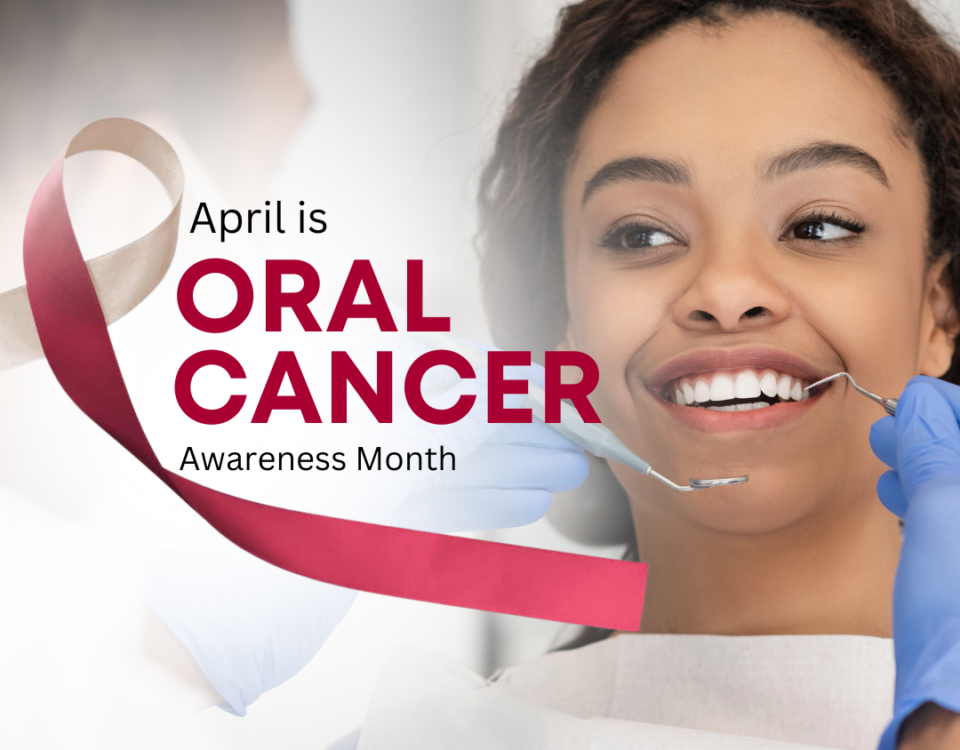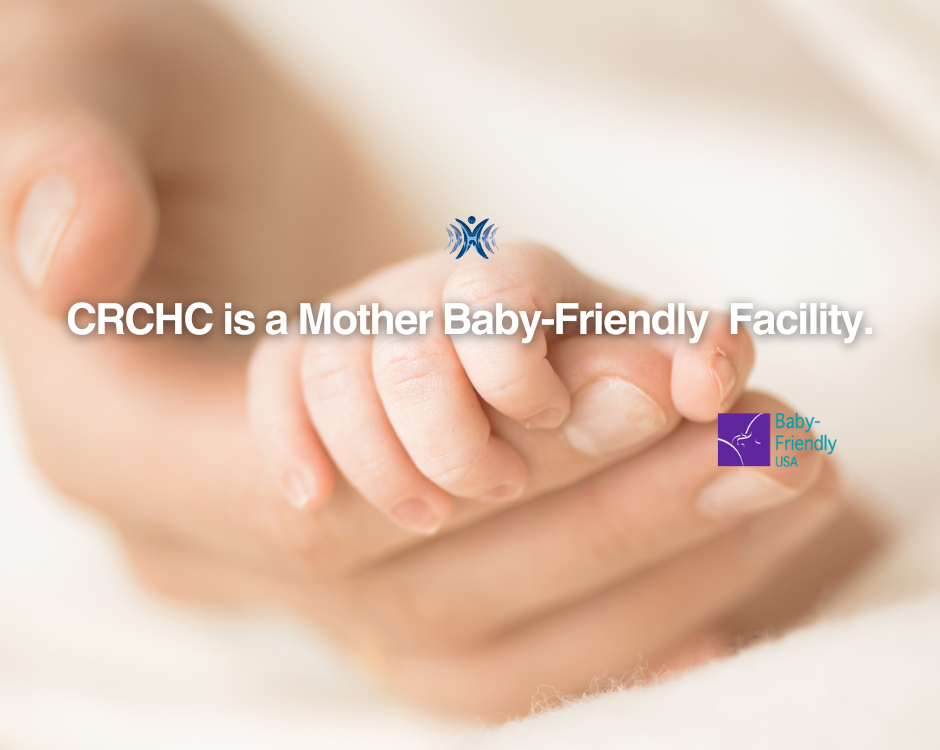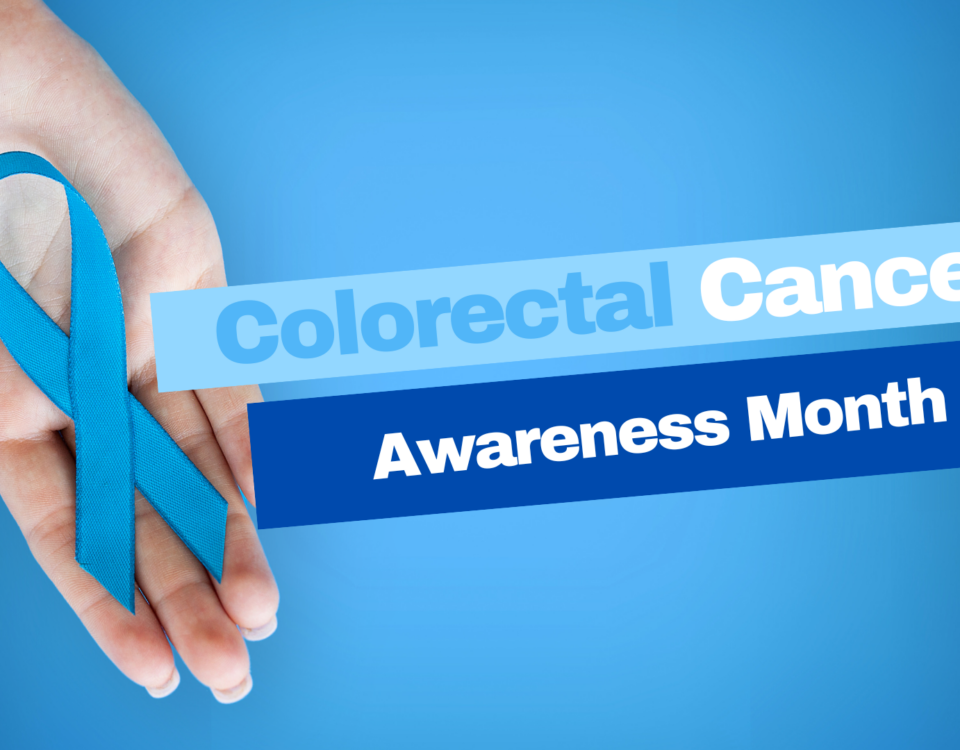
Jolly Healthy Recipes
January 25, 2024
CRCHC Welcomes Dr. Anietra Bailey to the New Sugar Creek Health Center Location
March 18, 2024January is Cervical Health Awareness Month, a time to raise awareness about the importance of cervical health and the steps you can take to prevent cervical cancer. More than 14,000 women in the United States are diagnosed with cervical cancer each year, but the disease is preventable with vaccination and appropriate screening.
Vaccination against the human papillomavirus (HPV) is a critical step in preventing cervical cancer. Additionally, regular cervical cancer screenings, such as Pap tests, can help detect abnormal cells before they become cancerous. A person’s medical history, family history of
cervical cancer, and other risk factors, play a part in how often or what types of tests are done to screen for cervical cancer. There are various cervical cancer screening guidelines, but it is most important for the patient and their healthcare provider to discuss what screening looks like for the individual. According to the CDC, you should start getting Pap tests at age 21.
It is important to note:
An HPV test only
If your results are normal, your doctor may tell you that you can wait 5 years until your next screening test.
An HPV test along with the Pap test
If both of your results are normal, your doctor may tell you that you can wait 5 years until your next screening.
A Pap Test only
If your test result is normal, your doctor may inform you to wait three years until your next Pap test.
Maintaining a healthy weight is also a way to reduce your risk of developing many cancers and chronic diseases. A healthy weight reduces the risk of cervical cancer. Increasing physical activity and eating healthy can help maintain a healthy weight.
To learn more about HPV vaccinations, click here



